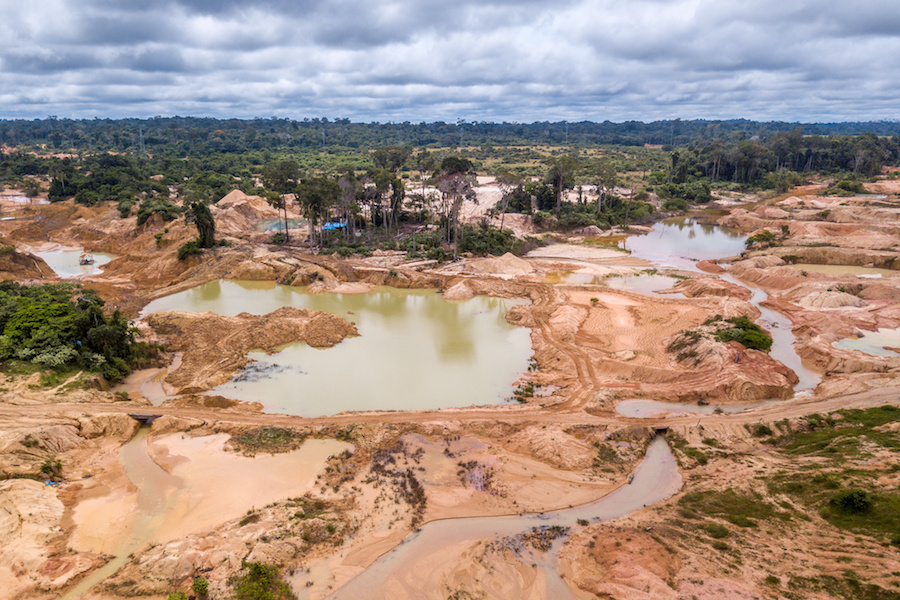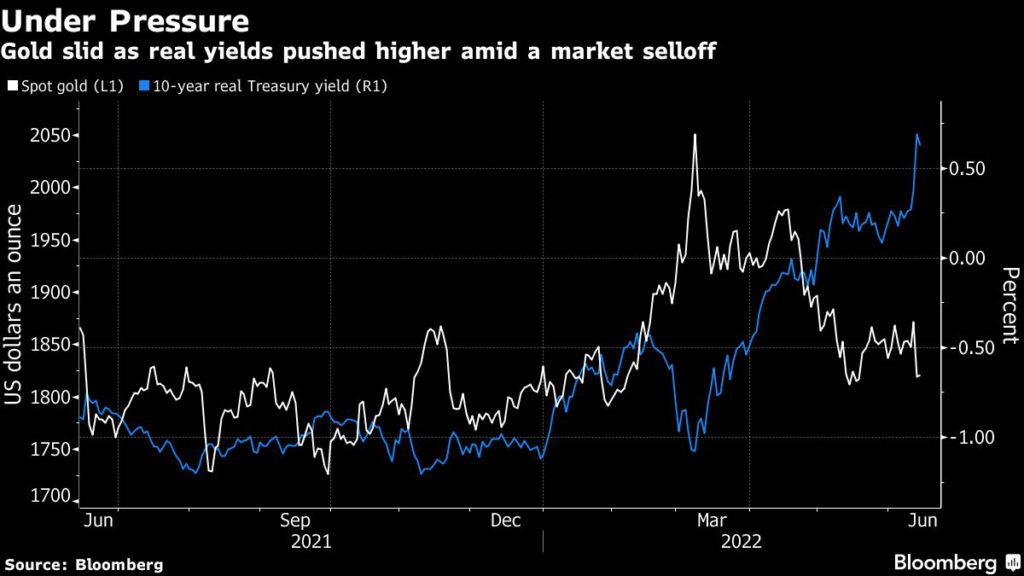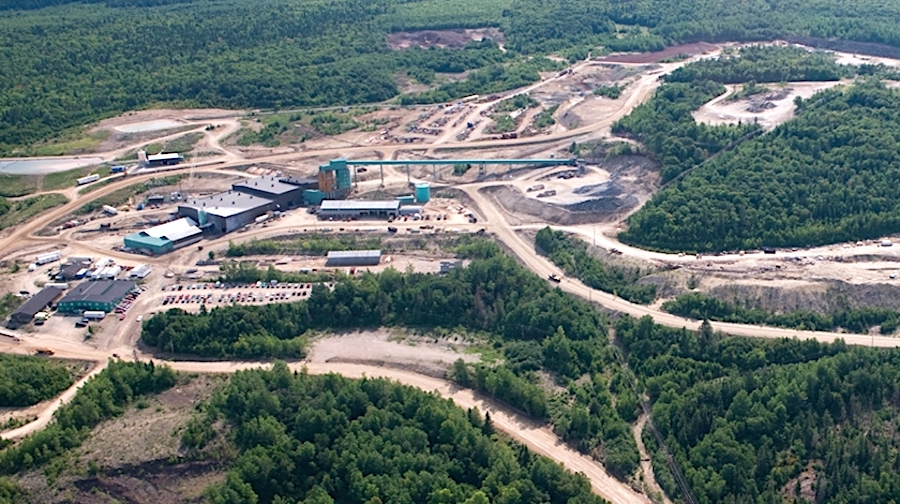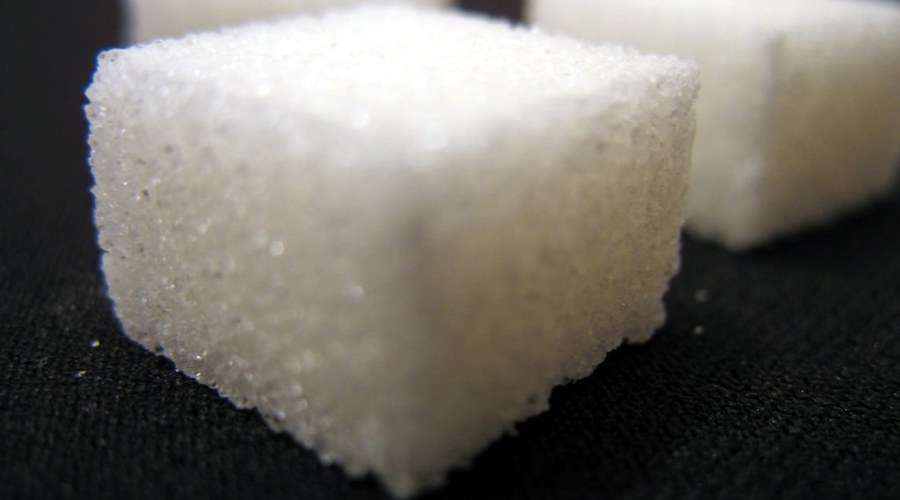Illegal gold mining in Amazon equivalent to half of Brazil’s production â report


According to the report, 84 tonnes came from “shell titles”, where there was no evidence of extraction. Another 38 tonnes came from mining titles with evidence of extraction outside the designated mining areas.
Brazil’s wildcat gold mines operate in the Amazon and the gold mined by these operations must be sold to Distribuidoras De Titulos e Valores Mobiliarios (DTVMs). When miners (or anyone) sell gold to a DTVM, they fill out a paper form asking for the gold’s origin. The information is not checked and the provision of documents providing proof of origin is not required. Under current law, the declaration of origin is based on good faith.
“Here we are in the 21st century and companies still use paper forms. The gold is laundered by simply declaring illegally mined gold legal at the moment of sale. Just like that,” Instituto Escolhas project manager Juliana Siqueira-Gay told MINING.COM.
According to the report, there has been a seven-fold rise in deforestation caused by mining in the Amazon over the last seven years, from 18 square kilometers in 2015 to 121 square kilometers in 2021.
Violence and contamination
On May 10, 2021, two Yanomami children drowned after fleeing from gunshots fired by wildcat miners. Fifteen days later, miners burned down Munduruku leader Maria Leusa’s house.
Recent studies have shown high levels of mercury contamination among indigenous peoples caused by gold mining.
The Brazilian Senate is currently discussing a bill that sets out a legal framework for tracing gold at all points of the supply chain, from extraction to purchase by consumers, defining transportation and proof of origin documentation, electronic invoicing, and digital recording systems.
This post has been syndicated from a third-party source. View the original article here.




